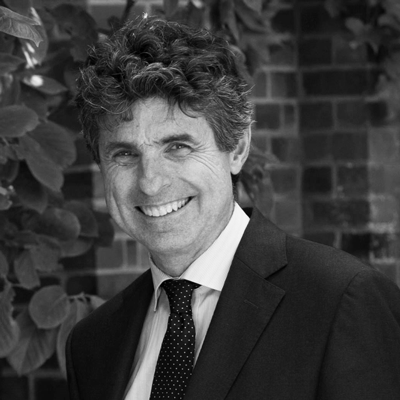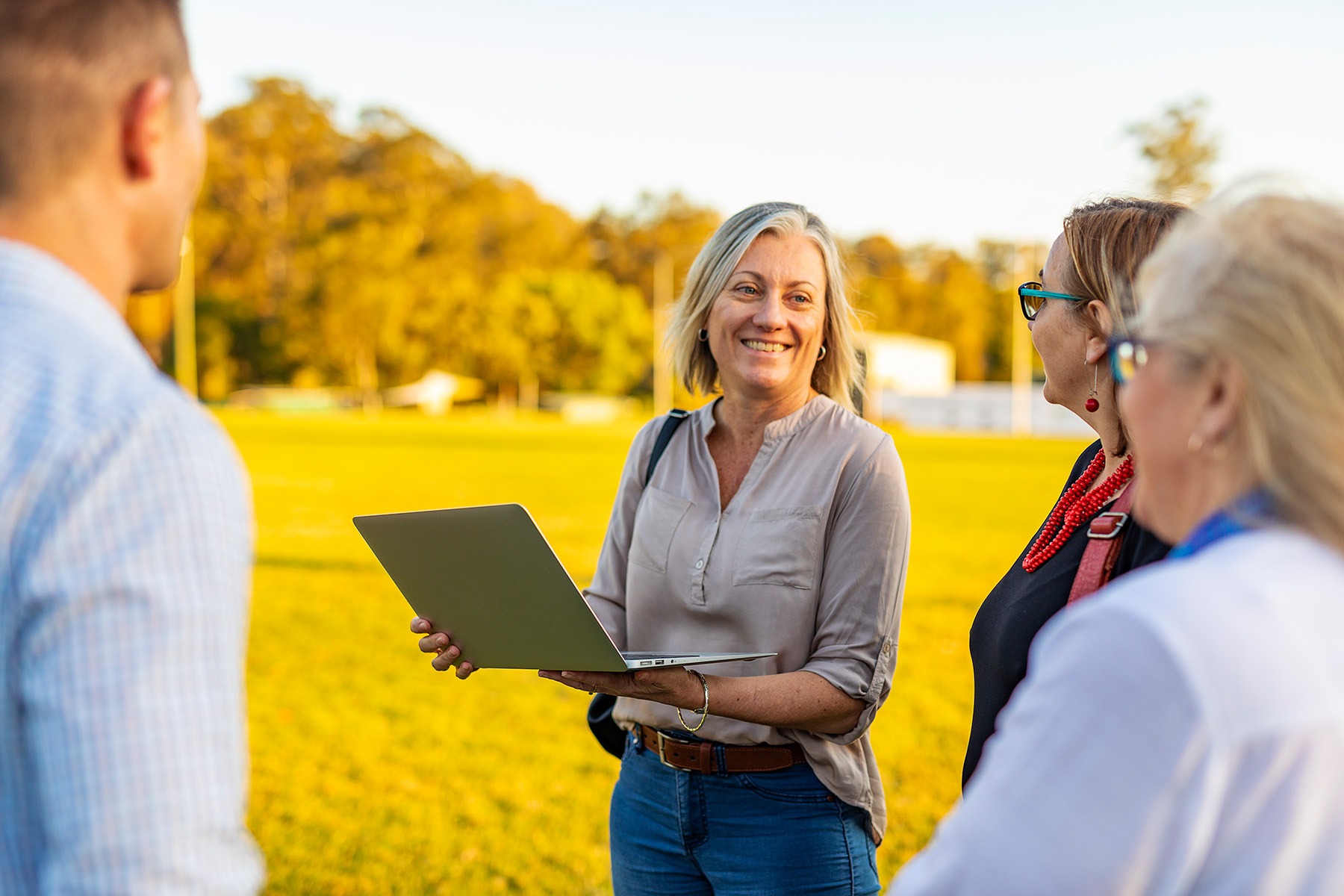The arrival of AI, a greater focus on wellbeing and mental health, and the difficulty of attracting staff at an entry level.
These are just some of the challenges and opportunities facing modern education leaders, as explored in Slade Group’s 2023 Australian School Education Leaders Sentiment Index.
Designed to paint a portrait of Australia’s contemporary education landscape, this inaugural index was curated from in-depth surveys and interviews with 60 independent and public school leaders.
It identified a sector carefully balancing a rich heritage with the most modern of factors, including the ever-evolving reach of technology and the impact of circumstances like the recent pandemic.
Among the key areas that drew insightful commentary by Australian educator leaders were:
Staff expectations
Jeremy Stowe-Lindner, Principal of Melbourne’s Bialik College, reflected there was an ongoing workplace shift. “I think we’re finding it more and more difficult to get people at entry level in, and I think we are seeing wage inflation. We’re also seeing some new trends of people wanting a full-time role, with a full-time salary, but only wanting to work four days instead of five.”
Wellbeing
Scotch Oakburn College Principal Andy Muller identified student mental health and welfare as critical. “The incredible spike in mental health issues and anxiety and depression amongst our young people is just a really difficult issue to manage with so many external factors involved that are out of a school’s control,” he said. Carey Baptist Grammar School principal Jonathan Walter pointed out that with issues such as anxiety impacting the wider community, there was the need for “a more compassionate leadership style than we’ve ever required before”.
Technology
Lauren Sayer, until very recently the Executive Director of Research and Innovation at Melbourne Girls Grammar and now the Director of Curriculum at the Victorian Curriculum and Assessment Authority, reflected on the evolving nature of technology, noting the need to move with the times. “We’ve got a really unique opportunity right now with the advent of artificial intelligence and ChatGPT,” she said. “I’m excited about looking at changing the way we do assessment across schools and moving beyond just the right answer.”
Other commentary from the sentiment index covered the challenges of being a contemporary education leader, balancing those responsibilities with staying in touch with the craft of teaching, something Lauren Sayer has prioritised as her career has progressed.
Jeremy Stowe-Lindner agrees. “I think the challenge of principalship is that you are more and more distant from the craft of teaching, and you need to go into classes to continually be inspired by the developing craft that is going on around you,” he said.
As these key themes illustrate, contemporary education in Australia is at a critical period, balancing challenges and opportunities to shape a roadmap for the future.
From the index, we’ve emerged with an exciting vision of how this can happen. I encourage you to download the 2023 Australian School Education Leaders Sentiment Index.

Andrew Barr is Practice Lead – Education at Slade Group. He has taught and held Principal positions at schools in Victoria, the UK and Tasmania. Andrew was Regional Director of the Round Square Association, National Chair of AHISA and Director of the Principals Australia Institute. He completed a Bachelor of Economics and Master of Education Studies at Monash University and a Diploma of Education at the University of Sydney. Andrew remains very engaged in the NGO sector, including a focus on improving educational outcomes for First Nations children. Read more…
Andrew Barr
Practice Lead – Education
Tel: +61 400 762 660
abarr@sladegroup.com.au

